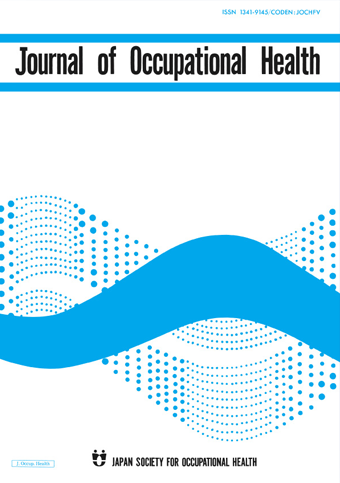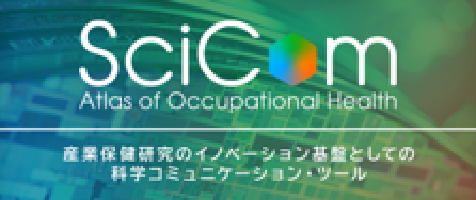New Journal Aims to Promote and Sustain Collaborative Practices and Preventive Work Culture
Advancing proactive health-related practices and preventive cultures in our work and community lives is crucial. Environmental and Occupational Health Practice is a new journal that aims to do this by promoting research on onsite practices that contribute to health and the environment. It aims to provide useful hints and clues on developing action-oriented guidelines and strategies for environmental and occupational health activities.
Environmental and occupational health practices place great emphasis on proactive risk assessment, control, and management. They require processes and well-informed support services to deal with the multifaceted risks of real life. Initiatives that seek to upgrade the processes in environmental and occupational health may improve our understanding of related activities like risk management and supportive services. They could be useful in diverse situations and help us improve other existing practices.
There is also the need in occupational health to find comprehensive ways of managing multifaceted health and safety risks using locally-adjusted procedures that sustain a preventive culture. This calls for further collaboration among people, who want to apply practical tools involving local people to lead effective preventive actions. Such approaches to work and life, which are participatory and action-oriented, are especially useful in small-scale workplaces. This journal hopes to promote the discussion and development of proactive procedures and action-oriented tools that can make a real impact in the local context.
The trends in risk management indicate that it is increasingly relying on people-centered systems and local health-related practices, which requires collaborative practices that are tailored to the needs of local situations. This journal promotes local-context studies that promote good practices of people-centered systems. Such studies have the potential of improving conditions in underserved, small-scale, and informal workplaces that employ workers with different support needs like migrants. They could help fashion the changing role of support services that are participatory, preventive, and adjusted for local environments with people-centered systems.
Further, it is important to promote the primary prevention of various significant risks at work. The need to prevent systems-related accidents and disorders can be clearly observed in risk control process norms. This journal hopes to elucidate practical ways of fostering effective teams for the management of environmental and occupational health practices and services.
Overall, this new journal promotes good and sustainable preventive practices in work and community lives. With the support of environmental and occupational health researchers and practitioners, it can make significant contributions to achieving our common goals.
Link to the original journal article:
https://www.jstage.jst.go.jp/article/eohp/1/1/1_1.1-ED/_article
Advancing collaborative practice and preventive culture in work and community life
Kazutaka Kogi
Here are some ways you can make it easier for your plain-language summary to be discovered once it has been published:
- Upload the summary on your personal, lab/research group, or university website.
- Share the published content with peers and colleagues through your personal social media accounts (Facebook, Twitter, Blogs, and LinkedIn). Link this back to the journal’s social media promotions for your paper.
- Include the link to the published post in your email signature line.
News & Announcement
-
Mar 14, 2025EOH-P has been listed on PMC/PubMed!The articles published in EOH-P have been registered with PMC/PubMed, the U.S. Nation...
-
Jun 11, 2021Lay Summary page open!Lay Summary page provides you article summaries in order of study categories. You can...
-
Oct 1, 2019EOH-P is now released!The Environmental and Occupational Health Practice (EOH-P) has been released. Please ...
Journal Info
Average 46.14 days from submission to first decision
Average 120.95 days from submission to acceptance







